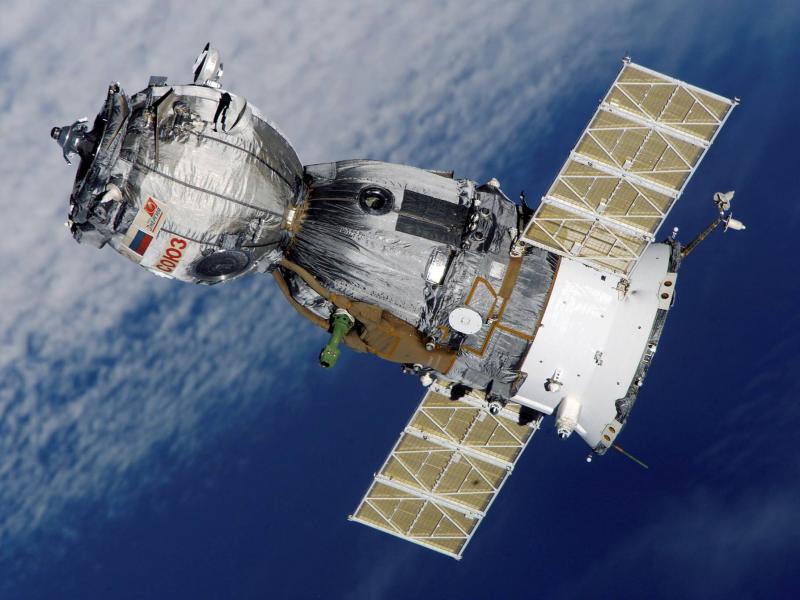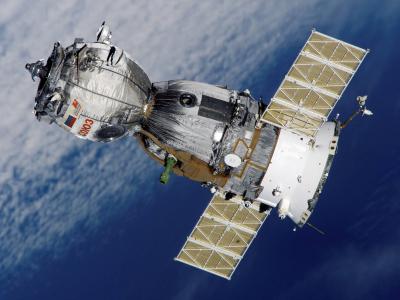Researchers aboard the International Space Station have developed mouse embryos that have shown normal growth, indicating the potential for human reproduction in space, according to Japanese scientists. The researchers, including Professor Teroheiko Wakayama from the Advanced Biotechnology Center at Yamanashi University and a team from the Japan Aerospace Exploration Agency (JAXA), sent frozen mouse embryos to the International Space Station via a rocket in August 2021.
Astronauts at the station thawed the embryos using a specially designed device and implanted them in the station for four days. Scientists noted that "the embryos grown in microgravity conditions developed normally into blastocysts, which are cells that develop into an embryo and placenta." Researchers stated in a study published on the "iScience" journal website that the experiment "clearly demonstrated that gravity does not have a significant effect" on mouse reproduction.
They highlighted that there were no significant changes in DNA and genes after analyzing the blastocysts that were returned to laboratories on Earth. Yamanashi University and the RIKEN National Institute of Research confirmed in a joint statement that this "study is the first research work to show that mammals may be able to reproduce in space." As part of the Artemis program, the U.S. space agency NASA plans to send humans back to the Moon to learn how to live there in the long term and prepare for a journey to Mars in the late 2030s.




